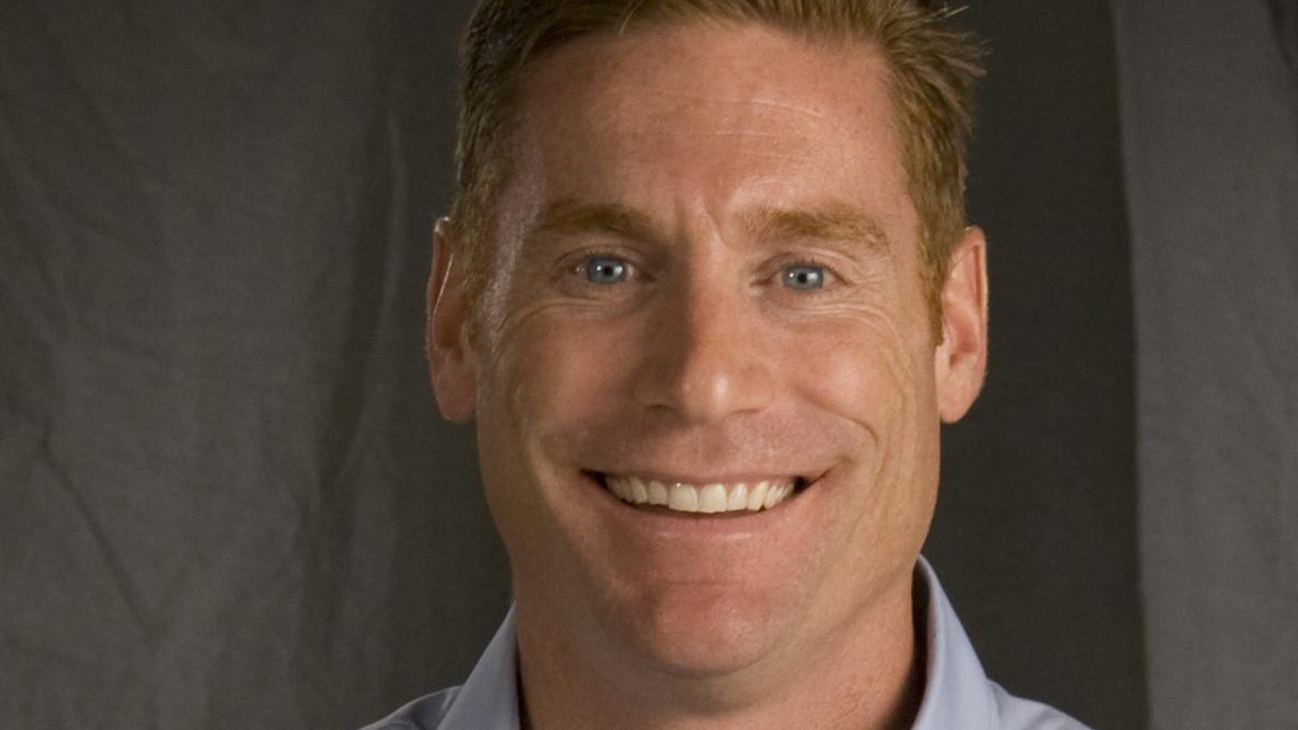While serving as the Director of Mental Training for the St. Louis Cardinals, Dr. Jason Selk helped the team win their first World Series in over 20 years, and in 2011 he assisted the Cardinals in the historic feat of winning their second World Championship in a six year period. Considered to be one of the nation’s premier performance coaches, Dr. Selk helps numerous well-known professional and Olympic athletes as well as Fortune 500 and Fortune 100 executives and organizations develop the mental toughness necessary for high-level success. In this article for Inc.com, Dr. Selk explains how to effectively deal with information overload:
If you’ve ever been a part of a large organization, you almost certainly have experienced one of those big “training meetings.”
A company has a new initiative, and it wants all of its employees to “hit the ground running.” So they plan a comprehensive training program–often offsite–to get everybody together and on board with the new strategy and the techniques and technology that will go with that strategy.
What usually follows is hours and hours of talking, a laundry list of critical “action points” that need to be followed, and pages and pages of supporting literature. Eight or 10 “metrics” are presented as being crucial to the company’s business, but even if everybody in the group understands what the metrics are and how they’re measured, it isn’t usually clear which one or two are the most important.
I’m sure you’ve been to that kind of meeting.
It’s the one where you’re handed a huge binder when you come in, and you sit for hours in a room where somebody goes through 50 PowerPoint slides in exhaustive detail while everybody tries to figure out what’s going on–and stay awake.
The information can be–and often is–great.
Innovation is a wonderful thing, and there are so many fantastic tools available to organizations of every size. But setting up a group to be force-fed information for hours at a time quickly creates an overload situation, and the returns rapidly diminish.
It’s important to remember that knowing something doesn’t change your life…doing something does.
When you’re in that overload state, your ability to do literally becomes paralyzed. You’re trying to learn everything, and you don’t want to make a mistake. What happens next?
You slow down and stop.
I’m not suggesting you stop innovating, or that launching a new training initiative is automatically a bad thing.
The goal of any training program–whether it’s for a rookie quarterback going through his first pre-season with an NFL team or a group of 250 financial advisors–should be to provide actionable information.
Try this the next time you find yourself approaching learning overload. Identify your “3 most important and 1 must.” Pick out the 3 most relevant ideas you are trying to incorporate, and then of the 3 new ideas pick the one that you will attack first.
Channel capacity tells us the human mind can only focus on a maximum of 3 major concepts at a time. There is also growing evidence that creating action starts by focusing on just 1 thing.
Prioritizing in this manner is what separates the very highest achievers from everybody else. Highly successful people never get everything done in any one given day; however, they always get the most important things done each and every day. Prioritizing just may be the most underrated skill of the highly successful, and it is the single biggest difference between being busy and being productive.
There’s no question that streamlining the training process this way will give you the tools, clarity–and freedom–to do your best work.
It’s amazing what can happen when the path is clear.

